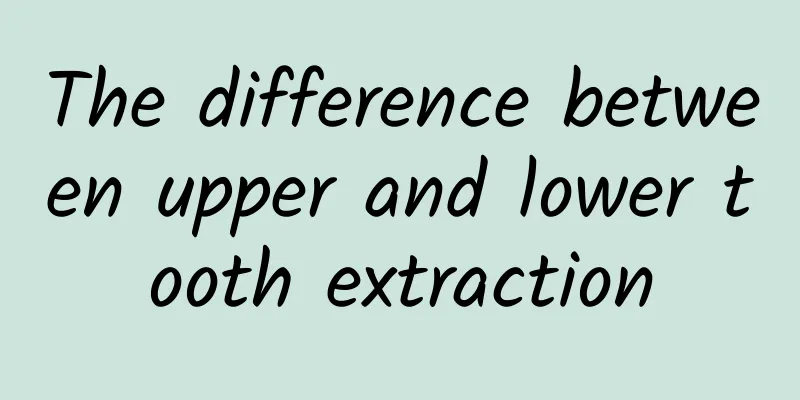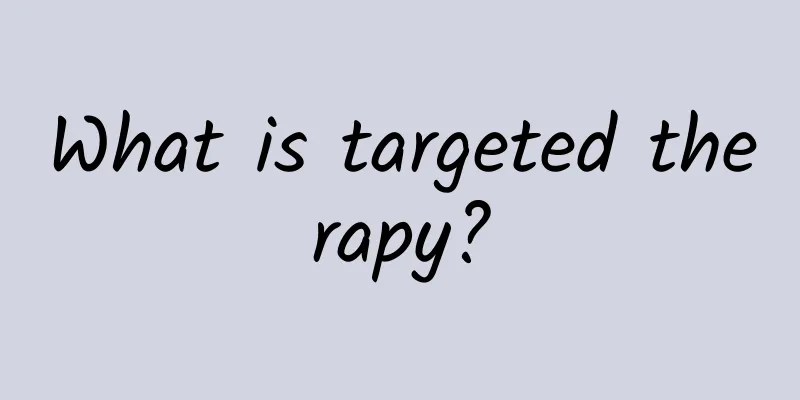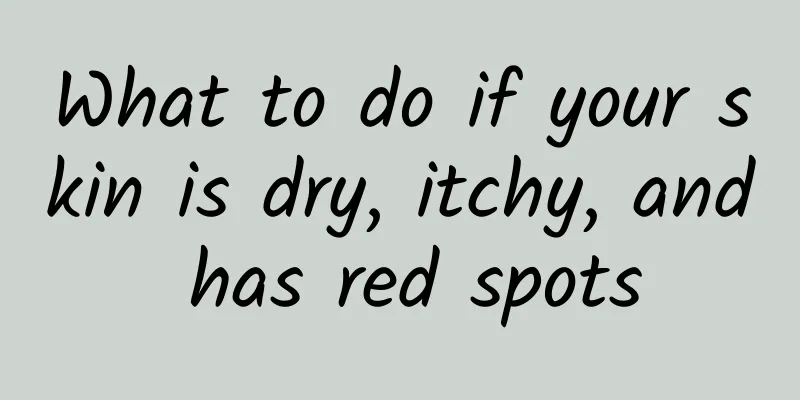The difference between upper and lower tooth extraction

|
If the growth of wisdom teeth affects your health, you may need to remove them. There are certain differences between upper wisdom teeth and lower wisdom teeth. The position of the wisdom teeth in the lower jaw is relatively special, so it is more difficult to remove them, and the resistance generated at this time is also relatively large. So relatively speaking, it is relatively simple to remove the upper teeth. In any case, if you need to extract teeth, you must understand some precautions. The difference between upper and lower tooth extraction It is like this. Due to the special position of mandibular wisdom teeth, which are located at the ascending ramus of the mandible, many wisdom teeth are in a crooked position and difficult to extract because there is not enough space. The bone resistance generated during tooth extraction is very large. Therefore, during the tooth extraction process, if the wisdom teeth are in a crooked position or impacted, gingival flap surgery is required. What's worse, bone chiseling is required, which causes greater damage. Therefore, sutures are required after extraction, and intravenous anti-inflammatory therapy is also recommended, but it is not absolute. If the teeth are in the right position, it is easier to extract. Maxillary wisdom teeth are easier to extract without anatomical obstruction, and the damage is not serious, so there is no need for sutures or anything. However, it varies from person to person, so don't worry too much. Things to note after tooth extraction 1. It is best not to eat within 2 hours, and eat soft, liquid or semi-liquid food on the same day. 2. Do not rinse your mouth or brush your teeth on the same day. Swallow all saliva and do not spit it out to prevent bleeding or infection. 3. After tooth extraction, you can rest in a lying position, but do not lie flat on your back and do not take a hot bath immediately. 4. It is normal to have blood in saliva within 1 week after tooth extraction. If the bleeding does not stop, go to the hospital for examination. 5. Try to exercise and talk less on the day of tooth extraction. Avoid smoking, drinking and spicy food. 6. If there are stitches in the mouth during tooth extraction, the stitches can usually be removed after 4 to 5 days. 7. Generally, you don’t need to take conventional antibiotics for tooth extraction. However, if you are extracting wisdom teeth or teeth with severe trauma, you must take oral antibiotics. If the symptoms worsen, antibiotics can be given intravenously. 8. Except for the third molar and supernumerary teeth, most adults need to install dentures after tooth extraction. Dentures should be installed about 2 months after extraction (except for impacted teeth) to avoid prolapse of adjacent teeth. |
<<: The reason why the baby's upper and lower teeth are not aligned
>>: What causes leg swelling in the afternoon?
Recommend
What kind of water is good to drink when sweating?
Nowadays, bathing centers in many cities offer a ...
What to do if your skin is red and itchy? An old Chinese doctor tells you a folk remedy
Sometimes, people may experience redness and itch...
How to treat lumbar disc bulging
As people age, they experience different symptoms...
What to do if the cesarean section scar hyperplasia
Caesarean section will leave ugly scars. If you d...
How to keep menstruation clean during confinement?
Confinement is one of the most important activiti...
Can I exercise if I have hemorrhoids?
Hemorrhoids are a relatively common disease, main...
What medicine should I take if my sperm contains blood?
If a man finds that his sperm shows signs of bloo...
Side Effects of Eucommia
Eucommia ulmoides is a common Chinese medicine, b...
How to judge whether you are fainting from blood
To determine whether you are prone to fainting du...
What is the function of orchid seeds
Lanxiangzi has both edible value and medicinal va...
What to eat for mild cerebral infarction
Mild cerebral infarction is a disease caused by c...
What are the effects of Kezi?
When we get sick, we usually go to the hospital f...
Why do I have puffy eye bags when I wake up in the morning?
Many people have swollen eyes when they wake up i...
What should you pay attention to when cupping? Have you done all of these?
Many people think that cupping is particularly si...
Does the disappearance of the follicle mean ovulation?
Although every woman is born with ovaries and fol...









